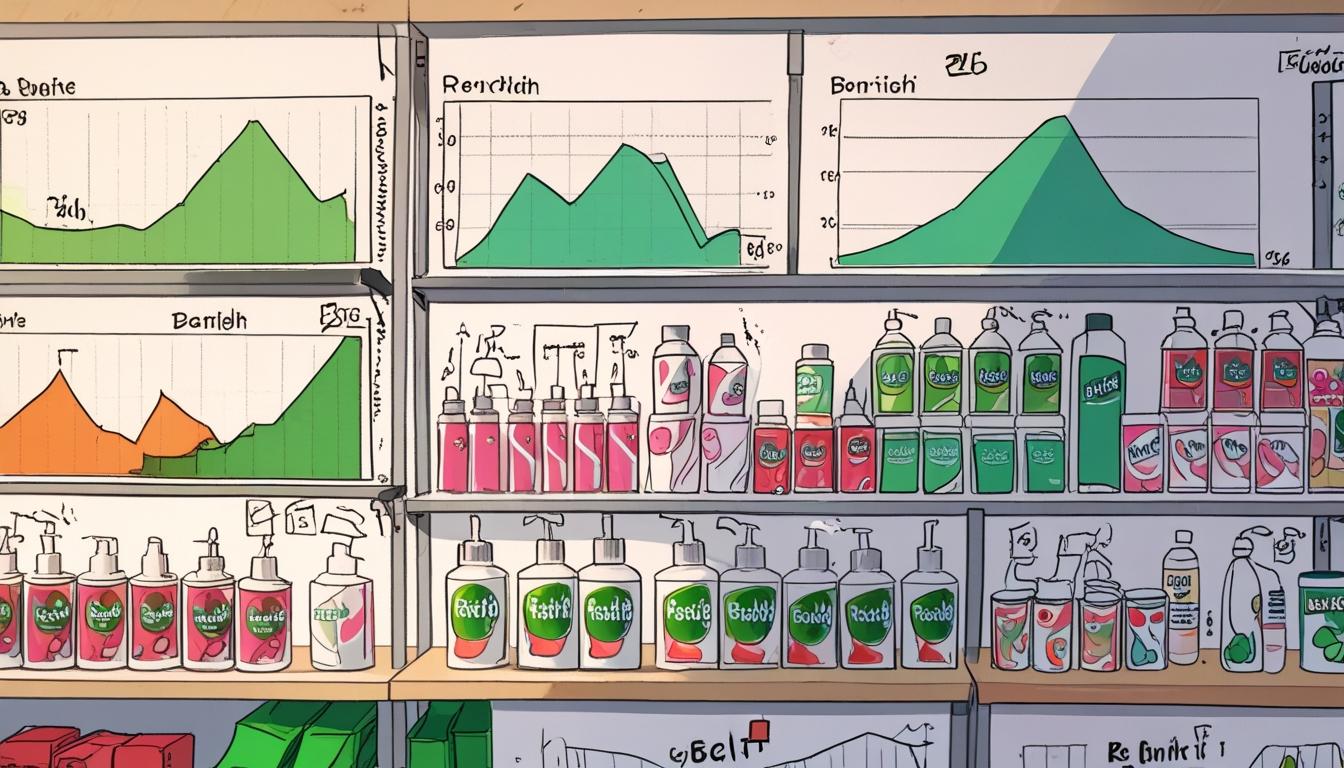Reckitt Benckiser, the British multinational consumer goods company, is confronting substantial challenges in divesting its household cleaning brands, which include popular products such as Air Wick and Cillit Bang. This planned sale comes at a time when global trade tensions and tariffs are causing unease among potential buyers, particularly leading private equity firms like Apollo Global Management, which have recently shown reluctance to proceed with bids.
The company's intent to sell its cleaning division is part of a broader strategy to refocus on more lucrative areas of its product portfolio. The division, generating annual revenues of approximately £1.9 billion, was initially expected to fetch between $4 billion and $5 billion in sale negotiations. However, recent market volatility and cautious investor sentiment have led to questions about whether these expectations will be met. Notably, some bidders have reportedly reduced their offers to as low as $3 billion to $4 billion, reflecting the shifted perceptions around the cleaning unit's value due to recurrent revenue declines.
In its latest quarterly earnings report, Reckitt acknowledged a substantial 7% fall in revenue for the cleaning division in the first quarter, significantly more than analysts had predicted. This decline has caused a ripple effect, further dissuading potential investors and prompting fears about the future profitability of the unit in a rapidly changing market landscape. Despite these setbacks, Reckitt has maintained its goal of exiting the homecare business by the end of 2025, emphasising its commitment to this strategic objective.
Compounding these issues are the ongoing trade tensions, particularly those stemming from the policies enacted during Donald Trump's presidency. The imposition of tariffs on imports from trading partners such as Mexico and Canada has led to increased operating costs for Reckitt. With more than 57% of its U.S. sales not being locally manufactured, the company finds itself at a competitive disadvantage when compared to rivals such as Haleon and Unilever, who maintain a more U.S.-centric supply chain. As Reckitt's CEO, Kris Licht, pointed out, the company is investing in its American supply chain to mitigate these impacts, including development of a new pharmaceutical site in North Carolina, yet the tension remains palpable.
The implications of this scenario extend beyond Reckitt itself. The current disruptions in trade and investor confidence could lead to broader market implications, affecting other companies engaged in mergers and acquisitions. The general hesitance among private equity firms highlights a careful approach in the face of uncertainty—reflecting a trend that may hold back corporate transactions across sectors.
Reckitt's struggle illustrates the complexities companies face in navigating global market dynamics while attempting to streamline their operations. As they contend with external pressures from tariffs and shifts in consumer behaviour, Reckitt and similar firms must carefully reassess their strategic paths to ensure resilience in an unpredictable future.
Source: Noah Wire Services
